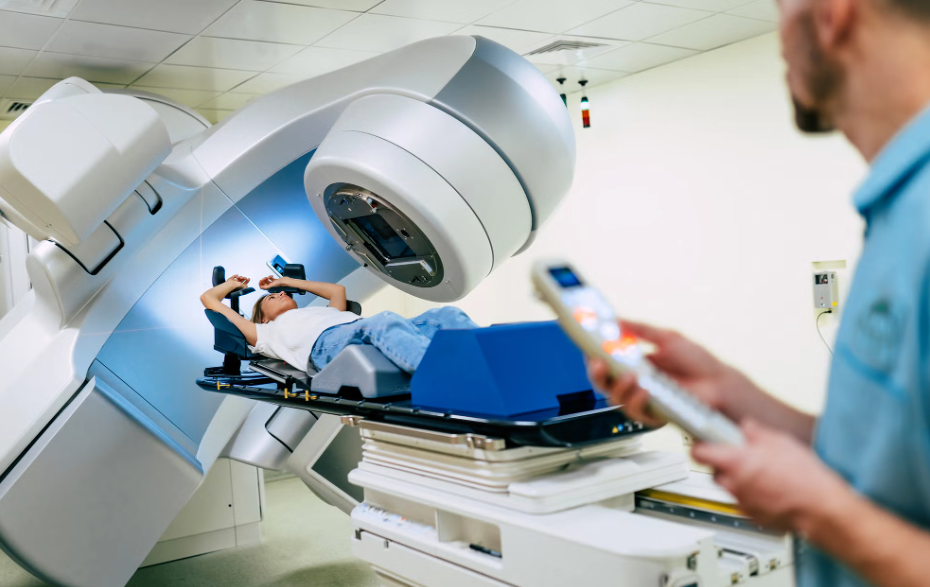Link Between Diet and Cancer Risk – In a groundbreaking discovery, scientists have unveiled a pivotal link between diet and cancer risk, shedding new light on how dietary choices can influence our susceptibility to cancer. This revelation marks a significant milestone in cancer research, offering valuable insights into preventive strategies and personalized interventions. In this article, we delve into the details of this breakthrough study, exploring its implications for cancer prevention and public health.
Link Between Diet and Cancer Risk
Understanding the Study: The study, conducted by a team of researchers from prestigious institutions worldwide, aimed to elucidate the relationship between dietary factors and cancer development. Through a comprehensive analysis of epidemiological data and molecular pathways, the researchers identified a previously unrecognized link between specific dietary components and cancer risk.
Key Findings: The findings of the study revealed several crucial insights into the impact of diet on cancer risk:
- Role of Nutrient Balance: The study highlighted the importance of maintaining a balanced diet rich in essential nutrients, such as vitamins, minerals, and antioxidants, in reducing cancer risk. Adequate intake of fruits, vegetables, whole grains, and lean proteins was associated with a lower incidence of certain types of cancer.
- Influence of Dietary Patterns: Researchers identified distinct dietary patterns, such as the Mediterranean diet or plant-based diets, that exhibited protective effects against cancer development. These dietary patterns, characterized by high consumption of plant foods and healthy fats, were found to modulate key biological pathways involved in cancer initiation and progression.
- Impact of Processed Foods: Conversely, the study underscored the detrimental effects of processed foods, sugary beverages, and high-calorie snacks on cancer risk. Excessive consumption of processed foods, laden with unhealthy fats, sugars, and additives, was associated with an increased likelihood of developing certain types of cancer.
- Gut Microbiota and Cancer: Another significant finding of the study was the link between gut microbiota composition and cancer risk. Dietary factors, such as fiber-rich foods and fermented products, were found to promote a healthy gut microbiome, which in turn exerted protective effects against cancer development by modulating immune function and inflammation.Link Between Diet and Cancer Risk.
Implications for Cancer Prevention: The discovery of this missing link between diet and cancer risk holds profound implications for cancer prevention efforts:
- Public Health Education: The findings underscore the importance of public health initiatives aimed at promoting healthy dietary habits and lifestyle choices to mitigate cancer risk at the population level.
- Personalized Nutrition Strategies: The study paves the way for personalized nutrition interventions tailored to individuals’ unique dietary preferences, genetic makeup, and cancer risk profiles.
- Targeted Therapies: Insights gained from the study may inform the development of targeted therapies or dietary supplements that harness the protective effects of specific nutrients or dietary patterns against cancer.
Conclusion: The revelation of a crucial link between diet and cancer risk represents a significant advancement in cancer research, offering new avenues for prevention and intervention. By understanding the impact of dietary choices on cancer development at a molecular level, we can empower individuals to make informed decisions about their diet and lifestyle, ultimately reducing the burden of cancer worldwide.
